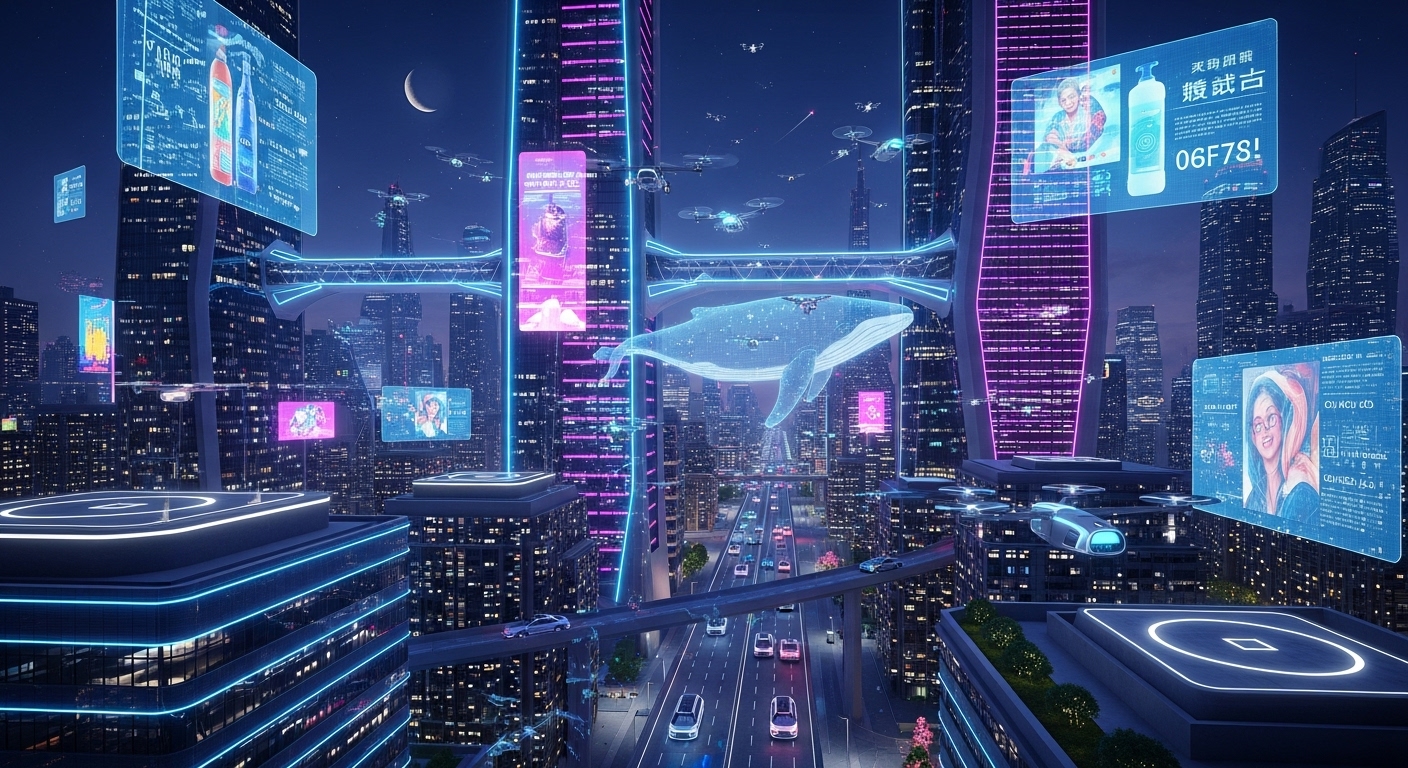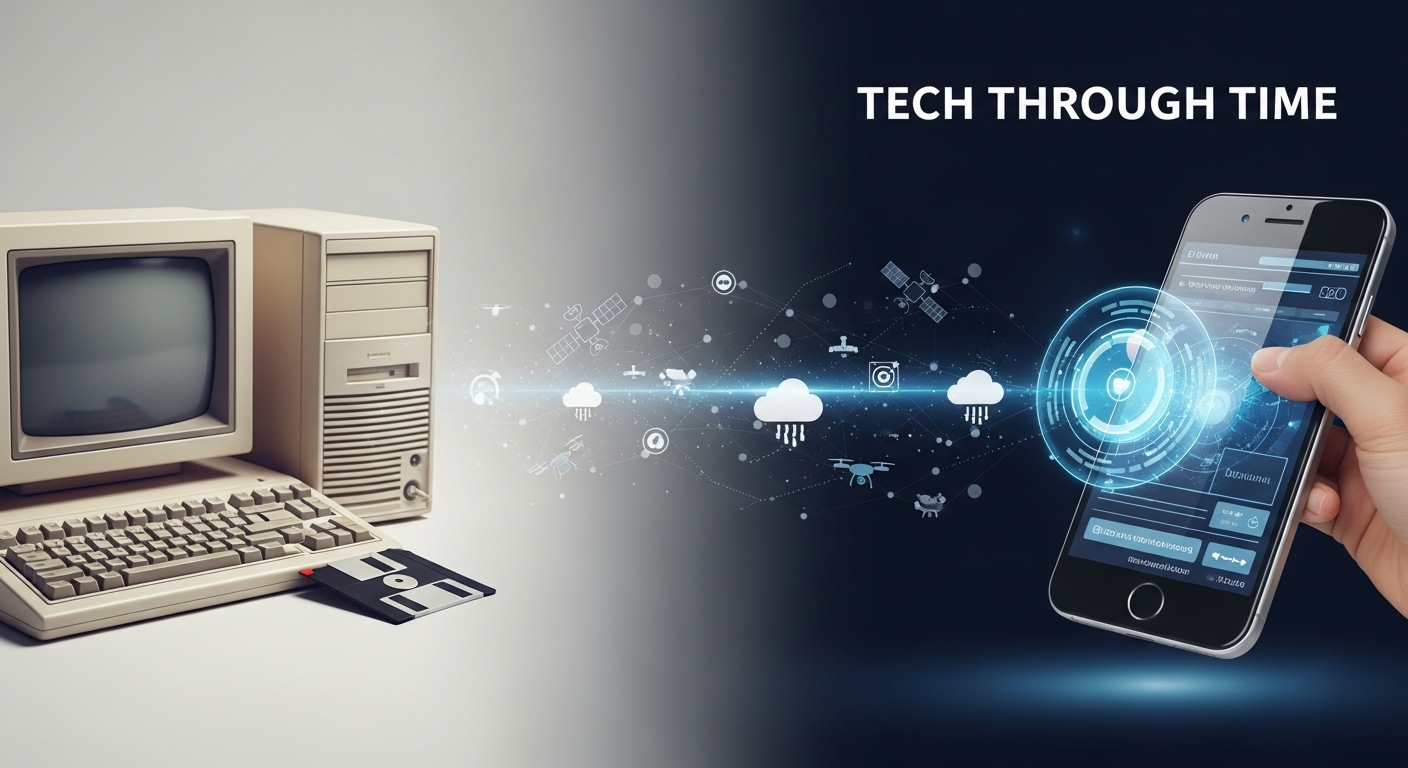Introduction: Technology as the Driving Force of Modern Life
Technology has become the cornerstone of modern society, reshaping how we communicate, work, learn, and even think. From smartphones and smart homes to artificial intelligence and robotics, technological advancements have permeated every aspect of daily life. It is not just a tool but a force that continually transforms industries, cultures, and human interactions.
The Evolution of Technology
Technology has come a long way from the invention of simple tools and mechanical devices. The Industrial Revolution introduced machines that changed manufacturing and transportation, while the digital revolution brought computers and the internet, connecting people across the globe. Today, emerging technologies such as artificial intelligence, blockchain, and quantum computing are revolutionizing the way we live and work, offering solutions to challenges that once seemed insurmountable.
Impact on Communication
One of the most significant contributions of technology is the way it has transformed communication. Social media platforms, instant messaging, and video conferencing allow people to stay connected across continents instantly. Technology has also made information more accessible, fostering global collaboration and understanding. It has broken down geographical barriers, enabling real-time interaction and knowledge sharing like never before.
Technology in Business and Industry
In the business world, technology drives innovation and efficiency. Automation, data analytics, and cloud computing allow companies to optimize processes and make smarter decisions. E-commerce and digital marketing have expanded market reach, enabling businesses to engage with global audiences. Technology empowers organizations to innovate continuously, remain competitive, and deliver enhanced products and services to consumers.
Revolutionizing Education and Learning
Education has been profoundly reshaped by technology. Online learning platforms, virtual classrooms, and interactive tools allow students to learn at their own pace and access knowledge from anywhere. Artificial intelligence and adaptive learning systems personalize education, catering to individual strengths and needs. Technology in education prepares students for the digital economy, equipping them with the skills required for future careers.
Challenges and Ethical Considerations
Despite its benefits, technology presents challenges that cannot be ignored. Cybersecurity threats, privacy concerns, and digital inequality are pressing issues. Ethical questions surrounding artificial intelligence, automation, and data usage demand careful consideration. Ensuring responsible innovation and equitable access is critical for technology to serve humanity positively.
Conclusion: Embracing the Future of Technology
Technology is far more than gadgets and tools; it is a transformative force shaping the future of humanity. As innovation accelerates, it promises to enhance efficiency, connectivity, and creativity while opening new opportunities for growth and progress. By embracing technology responsibly, society can harness its potential to create a smarter, more connected, and equitable world for generations to come.



